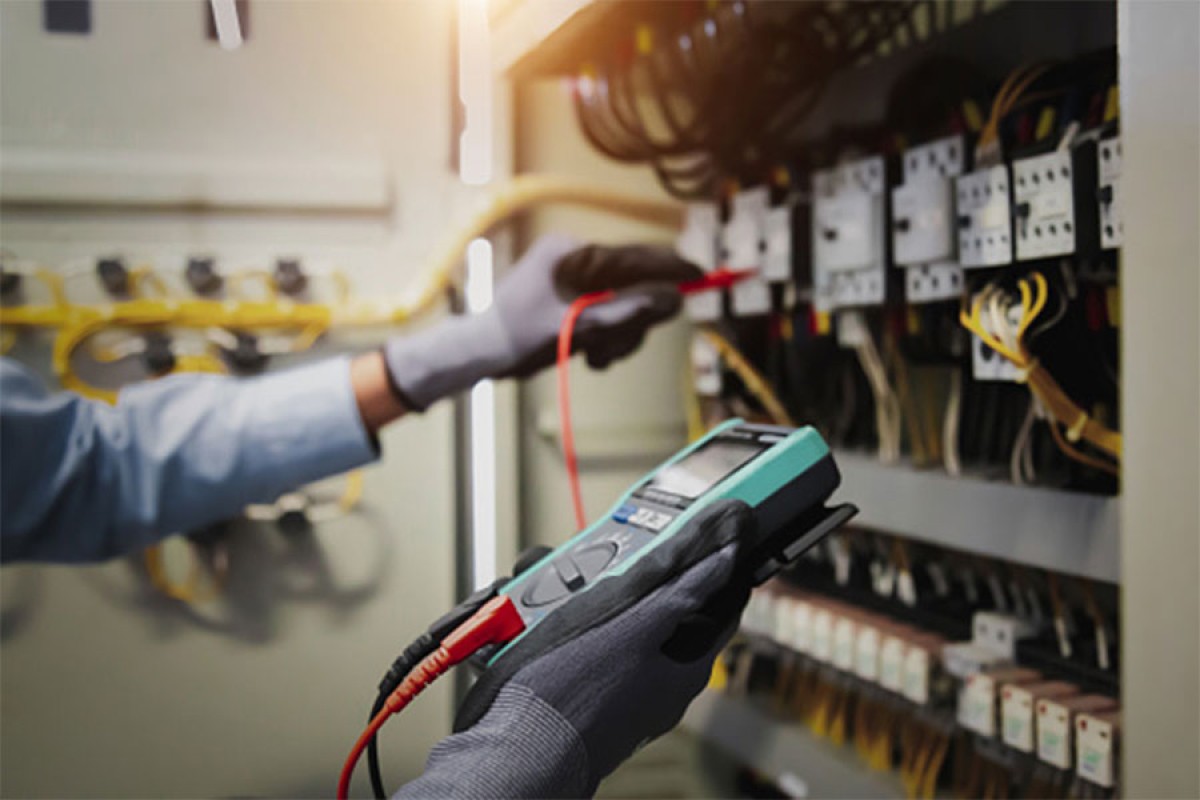From Flickering to Malfunction: Understanding the Significance of Checks in Electrical Safety.
In this increasingly electrified world, the significance of electrical inspections cannot be overstated. As appliances, illumination, and tech profoundly embedded into the everyday routine, ensuring that the electronic systems are safe and functioning correctly is critical for safeguarding the wellbeing of the homes and our families. An detailed electronic assessment serves as a crucial review, recognizing potential hazards and guaranteeing compliance with safety regulations. This is more than about checking off a list; it is concerned with protecting your assets and maintaining peace of mind.
Ranging from unstable lights to antiquated wiring, various indicators can signal that an electrical assessment is needed. Homeowners, especially those in older houses or those considering renovations, must to understand the critical role these inspections play in maintaining safety and performance. Whether you are a first-time property owner, a veteran homeowner, or a commercial operator, being proactive with electronic inspections can avert costly repairs and, more importantly, save people. Here, we will explore the essentials of electronic inspections, discuss frequent problems found, and highlight the importance of regular assessments in various contexts.
Understanding Electrical Assessments
Electrical assessments constitute crucial inspections conducted to assess the security and performance of a facility's electrical systems. This procedure requires a certified electrician inspecting wiring, electrical panels, fixtures, and devices to ensure they meet relevant safety standards and codes. By detecting potential hazards or deficiencies, these assessments act a key role in averting electrical fires, electrocutions, and other serious safety risks.
The significance of electrical assessments is paramount. Regular evaluations not only protect homeowners and occupants but also help extend the duration of electrical systems. As technology develops and our dependence on electrical appliances grows, making sure that these systems are up to code is essential. Evaluations allow for early detection of issues, enabling timely repairs before they worsen into more major problems.
Comprehending the details of electrical inspections also requires identifying their different applications: domestic, commercial, and factory. Each context has unique requirements and standards, calling for a customized approach to inspections. Homeowners, business owners, and facility managers must account for these factors to guarantee compliance with regulations and protect their properties against electrical hazards.
Common Issues and Safety Regulations
Electrical inspections often reveal a range of common issues that can compromise safety and functionality. One recurring issue is outdated wiring that does not meet contemporary wiring standards, posing a danger of electrical shorts and electrical fires. Additionally, overloaded circuits are a significant concern, as they can lead to thermal issues and potential failure. Inspectors also commonly identify improper grounding and bonding, which are vital for a secure electrical system. Each of these concerns highlights the need for regular inspections to confirm that homes and businesses comply with safety regulations.
Safety guidelines play a key role in defending properties and residents from electrical dangers. get more info as the National Fire Protection Association (NFPA) and the International Electrotechnical Commission (IEC) set standards for electrical setups. These norms dictate aspects of the type of wiring used to the configuration of breakers. Compliance with these regulations is crucial to prevent fire hazards and ensure that electrical systems operate efficiently. Inspections help confirm adherence to these safety protocols, thus protecting individuals and their properties.
In besides spotting issues, electrical assessments provide an possibility to address issues before they escalate into serious risks. For instance, inspectors commonly recommend updating older electrical units to support modern requirements from modern appliances. Furthermore, they can suggest installation of Ground Fault Circuit Interrupters (GFCIs) in wet areas to boost safety. By dealing with issues early in line with safety guidelines, property owners can significantly diminish the risk of electrical problems and bolster the overall protection of their space.

The Importance for Homeowners and Buyers
For those who own homes, frequent electrical check-ups are vital for ensuring safety and confirming that their electrical systems function properly. Unsafe wiring and antiquated electrical systems can present serious risks, such as fire hazards and electric shocks. Homeowners gain advantages from evaluations as they provide an opportunity to spot possible problems before they develop into major expenses. By staying on top of routine evaluations, homeowners can enjoy peace of mind and a protected living space for themselves and their families.
For prospective buyers, evaluating the condition of a property's electrical system is an important factor in the home buying journey. Electrical inspections can detect underlying problems that may not be apparent in a simple walkthrough. This knowledge allows buyers to take educated actions, request fixes, or even reconsider their purchase if the findings are alarming. Additionally, a home with a clean electrical inspection report can increase buyer confidence, making the property more appealing in a tough market.
Paying for electrical check-ups not only safeguards the present but also protects future investments for homeowners and buyers alike. For those purchasing older homes or properties being remodeled, inspections can uncover code violations and help ensure conformity with modern requirements. This preventive method enhances security, reduces the risk of future expenses, and often brings about reduced insurance costs. Ultimately, electrical inspections are a critical instrument in creating a secure, effective, and worthwhile living space.